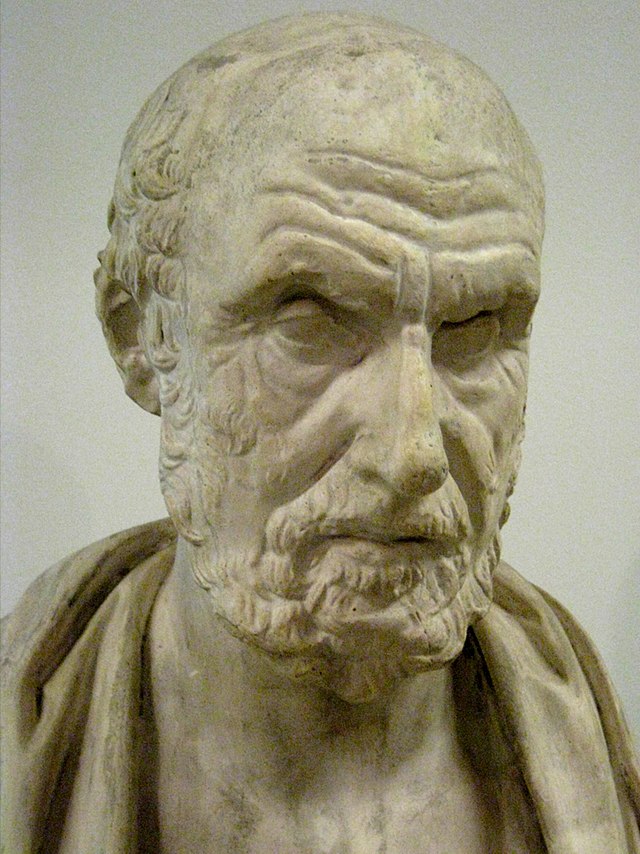
The following piece was originally published in the Hastings Center Report (September-October)
A casual review of the literature reveals mainstream bioethics’ love affair with biomedical technologies: machine-learning applications, precision medicine, genome editing, neuroprosthetics, regenerative medicine, and so on. What’s not to like, many would ask? These technologies represent progress, human ingenuity, innovative solutions to complex problems. They improve human well-being.
Sure, criticisms can be found. Even the most vociferous proponents are willing to entertain some concerns—if, at times, only to dismiss them—and to offer potential solutions for certain problems, usually safety issues. Bioethicists who are less impressed with all the razzle-dazzle recognize a broader set of challenges, including racial and gender biases in health care machine-learning algorithms, the questionable utility of various genomic tests, downsides to the promises of genome editing, or commodification in regenerative medicine. Still, even in these cases, the concerns tend to be marshaled into a risk-benefit framework—a necessary part of any sound ethical evaluation but hardly a sufficient one.
These types of ethical assessments overlook crucial aspects of technological developments. For example, they neglect the importance of probing the aims that technologies are meant to achieve. By focusing on how safely and effectively technologies accomplish their intended goals, typical bioethics assessments leave those goals unchallenged, their value endorsed. Such assessments also fail to consider whether the framing of the problem that a particular technology is designed to address is appropriate, a question that should be explored even when the goals are uncontroversially valuable—promoting human health is a worthy goal, for instance, but the focus on genomic technologies frames health and disease as primarily individual issues rather than also social ones. Typical ethical assessments also ignore whether alternative standpoints—and with them different solutions—would be more apt. In giving short shrift to possible alternatives, common assessments narrow, or altogether eliminate, the paths that societies can take, what we can imagine.
Mainstream bioethics assessments also disregard the wide-ranging transformative power of technological developments. By attending primarily to what biotechnologies are designed to do—cure diseases, improve diagnostic accuracy, enhance cognitive capacities, help people have children, for example—these analyses overlook the many other things that technologies can actually accomplish (whether or not they are designed to do so). New technologies and other biomedical innovations influence how the world is perceived, expand the entities that constitute it, and alter those entities in various ways. They shape our behavior and provide reasons for action. They impact what we value, create moral obligations, and facilitate or construct social and political arrangements. The advent of organ transplantation, for instance, did not simply treat organ failure; it also created a moral obligation to become an organ donor. Obstetric ultrasounds did not merely contribute to improving pregnancy outcomes; they made fetuses visible in particular ways and converted them into separate patients. Genomic testing not only provides us with information about disease risks, thus reducing morbidity and mortality; it also individualizes health problems, abstracts health and disease from the context in which they occur, and constitutes asymptomatic individuals as patients who need medical care.
Many of these broader impacts of technology are difficult to predict and hard to quantify. They often involve contested moral values. But such challenges are no justification for putting aside these concerns. Instead, the problems posed by these broader technological effects call for enhancing our assessments. Rather than blinkered descriptions and analyses of new technological practices that treat biotechnologies as value-neutral tools, bioethicists should perform more substantive evaluations. They should uncover how current values guide scientific and technological research in some directions while obstructing investigations in others, and they should consider how social and political practices shape and are shaped by new technologies. Above all, bioethicists should put their moral imagination to work so that their ethical assessments of biotechnologies help bring about the aspirational aims of scientific and technological development: to improve the well-being of all, rather than just a lucky few.
Inmaculada de Melo-Martin
Inmaculada de Melo-Martín is Professor of Medical Ethics at Weill Cornell Medicine. She holds a PhD in Philosophy and a MS in Biology. She works on Philosophy of Science, Ethics, and Applied Philosophy. Her most recent books are Rethinking Reprogenetics (OUP, 2017), and with Kristen Intemann, The Fight Against Doubt (OUP, 2018).
Website: https://vivo.weill.cornell.edu/display/cwid-imd2001